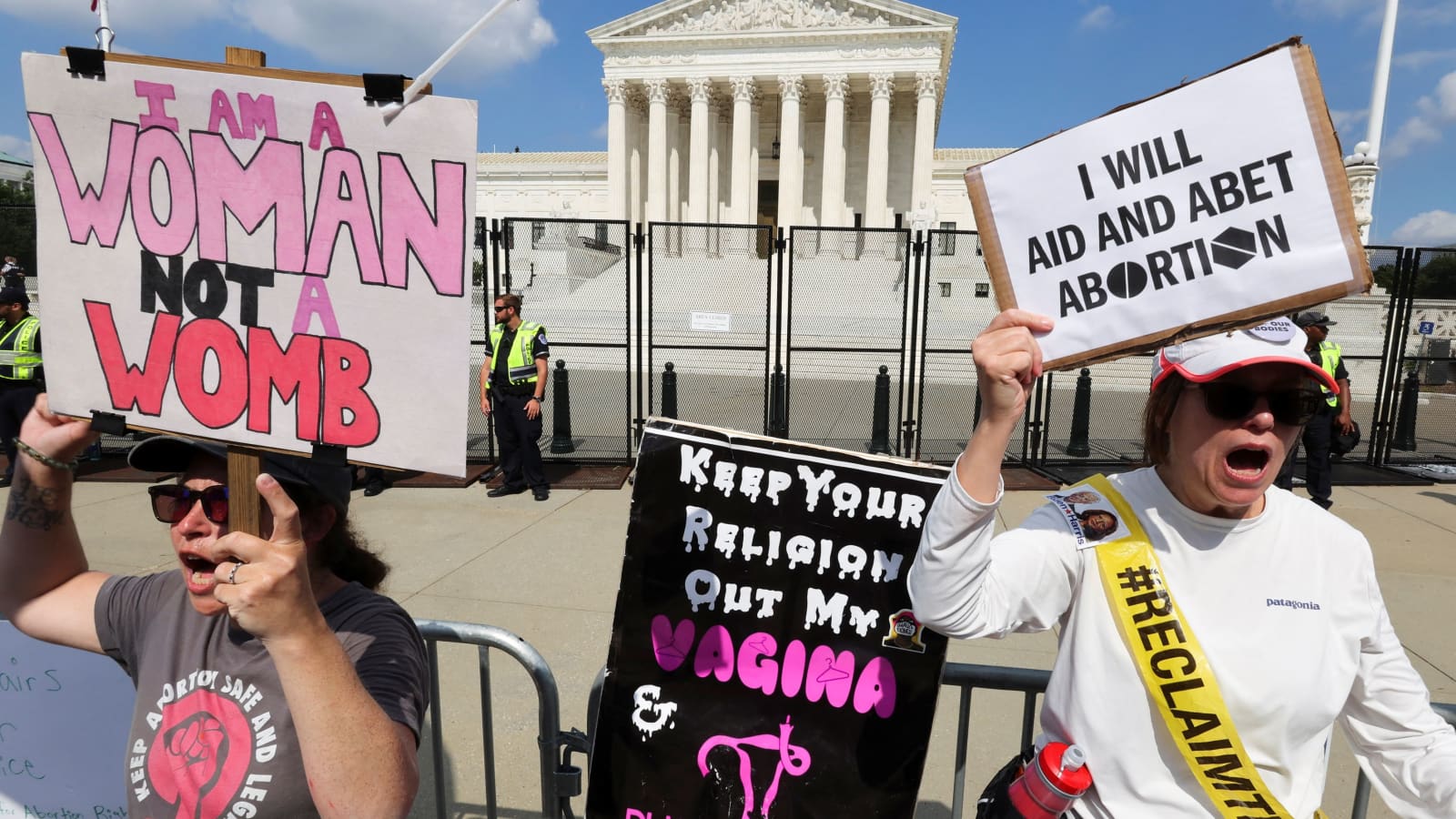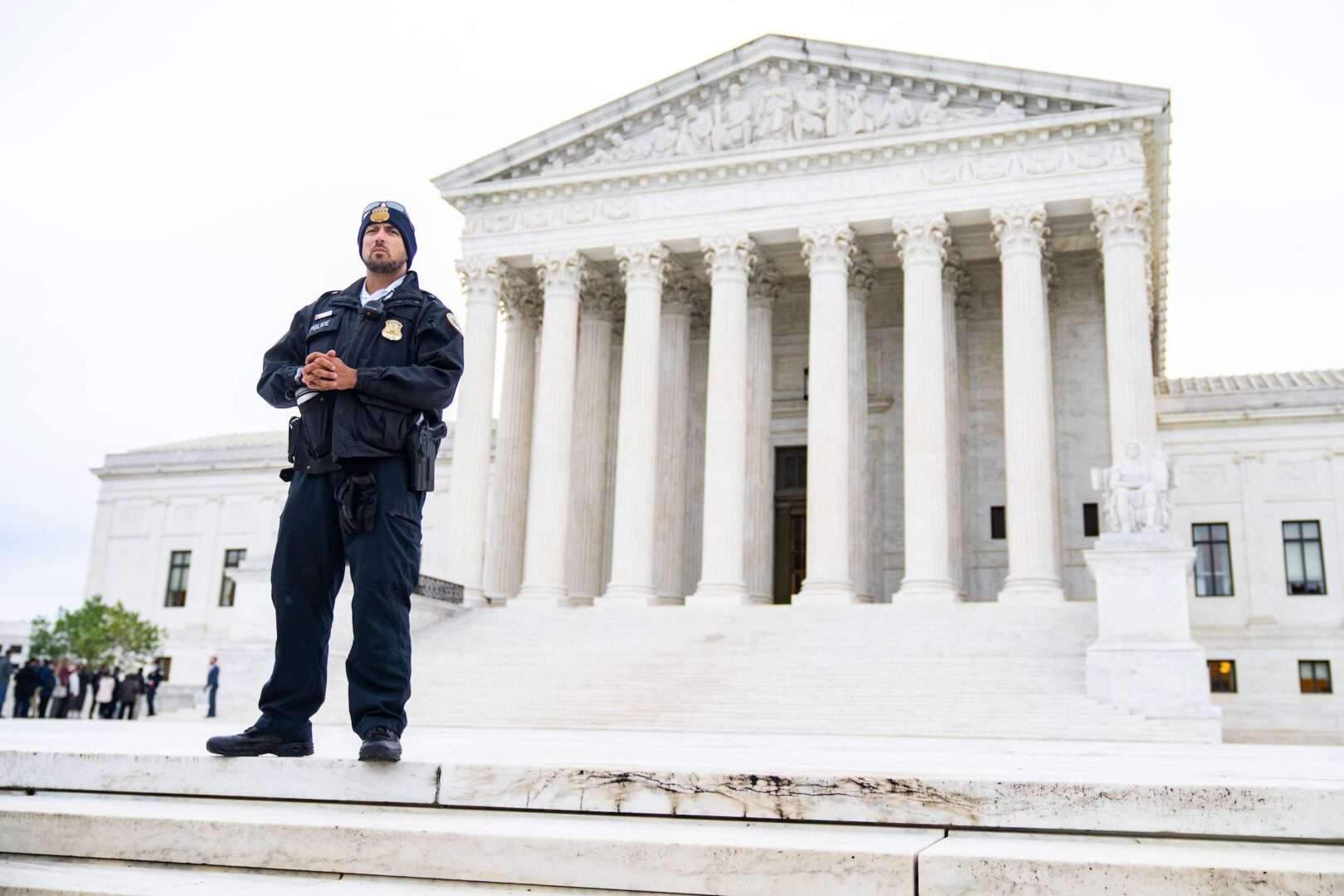An investigation into the leak of a significant Supreme Court ruling overturning the federal right to abortion before its official release has concluded without identifying the culprit, the court announced Thursday.
The inconclusive end to the probe marks another setback for the Supreme Court, which described the leak as “one of the worst betrayals of trust in its history” and a serious breach of the judicial process.
Nearly 100 court employees were interviewed during the investigation, including 82 who had access to electronic or hard copies of the draft majority opinion authored by conservative Justice Samuel Alito.
The investigation, however, did not focus on Alito or any of the other eight justices, according to an official report.
The leak first came to light when Politico reported on May 2 that it had obtained a leaked copy of an opinion indicating the Supreme Court was prepared to overturn its longstanding Roe v. Wade ruling, which established a constitutional right to abortion.
This draft opinion circulated among the justices and their clerks starting on February 10.
Following the leak, Chief Justice John Roberts tasked Gail Curley, the marshal of the Supreme Court, with conducting an investigation into the disclosure.
In June, the Supreme Court issued a majority opinion authored by Alito that confirmed there was no federal right to abortion, consistent with the leaked information.
In releasing Curley’s report on Thursday, the Supreme Court stated, “In following up on all available leads … the Marshal’s team performed additional forensic analysis and conducted multiple follow-up interviews of certain employees.”

“However, the team has not been able to identify a person responsible by a preponderance of the evidence,” the court acknowledged.
Curley’s 20-page report strongly suggests that the leaker was likely a member of the court staff. She emphasized that forensic examinations of the court’s IT systems and other devices found no evidence of unauthorized access from outside the court.
The report disclosed that investigators conducted 126 formal interviews with 97 employees, all of whom denied leaking the Dobbs draft opinion. Employees were required to sign affidavits stating they did not disclose the opinion to anyone outside the Supreme Court.
While some employees admitted sharing details of the draft with their spouses, no conclusive evidence pointing to the leaker was found.
Curley noted ongoing inquiries in the probe and emphasized the need to update and clarify the court’s security policies and information security practices, particularly given the expanded remote work capabilities introduced during the Covid-19 pandemic.
The Supreme Court also revealed that former federal judge and Homeland Security Secretary Michael Chertoff assessed Curley’s investigation and concluded that no additional useful investigative measures were necessary beyond those already undertaken.
Curley’s report underscored vulnerabilities in the court’s security protocols and recommended improvements to safeguard sensitive documents and update outdated information security policies.
